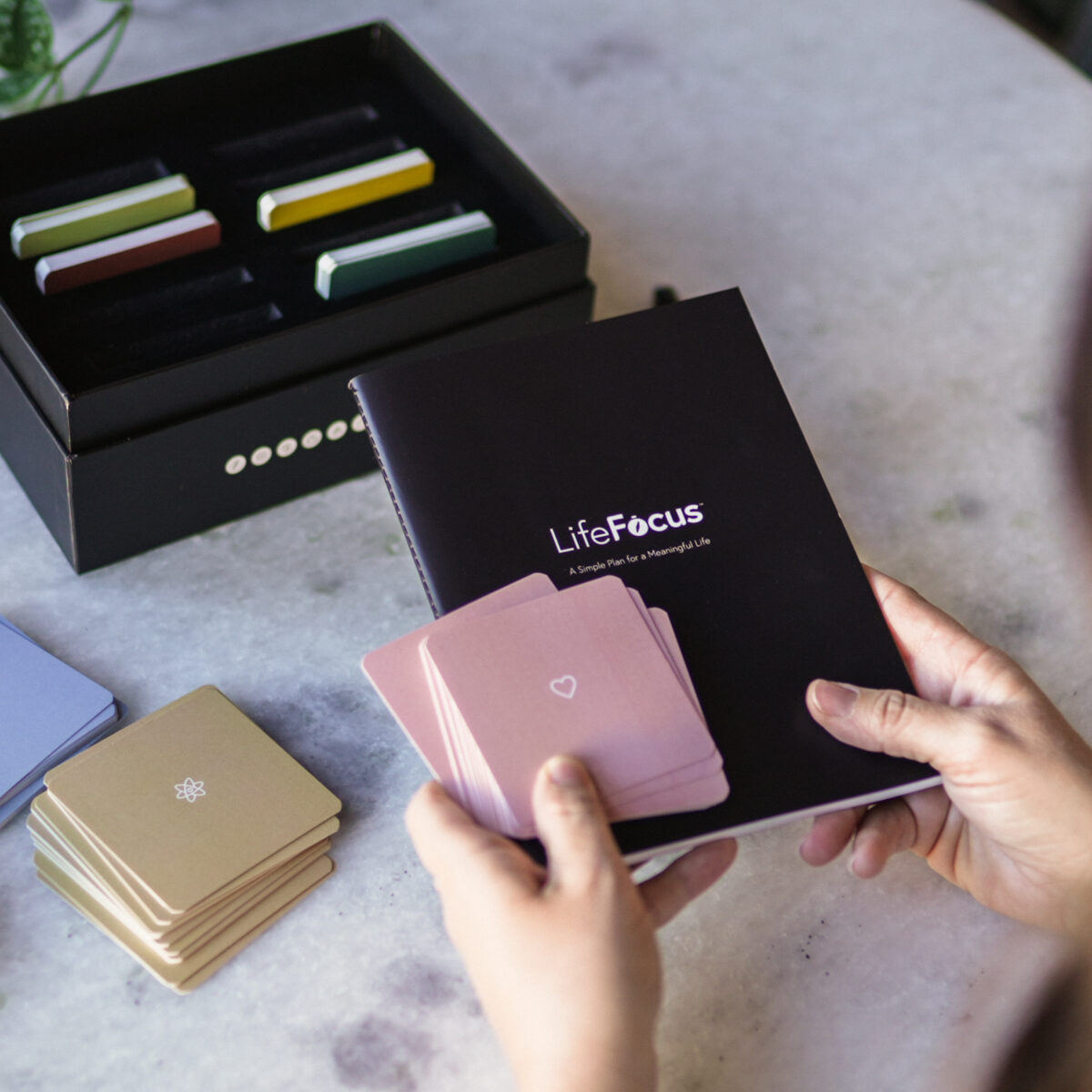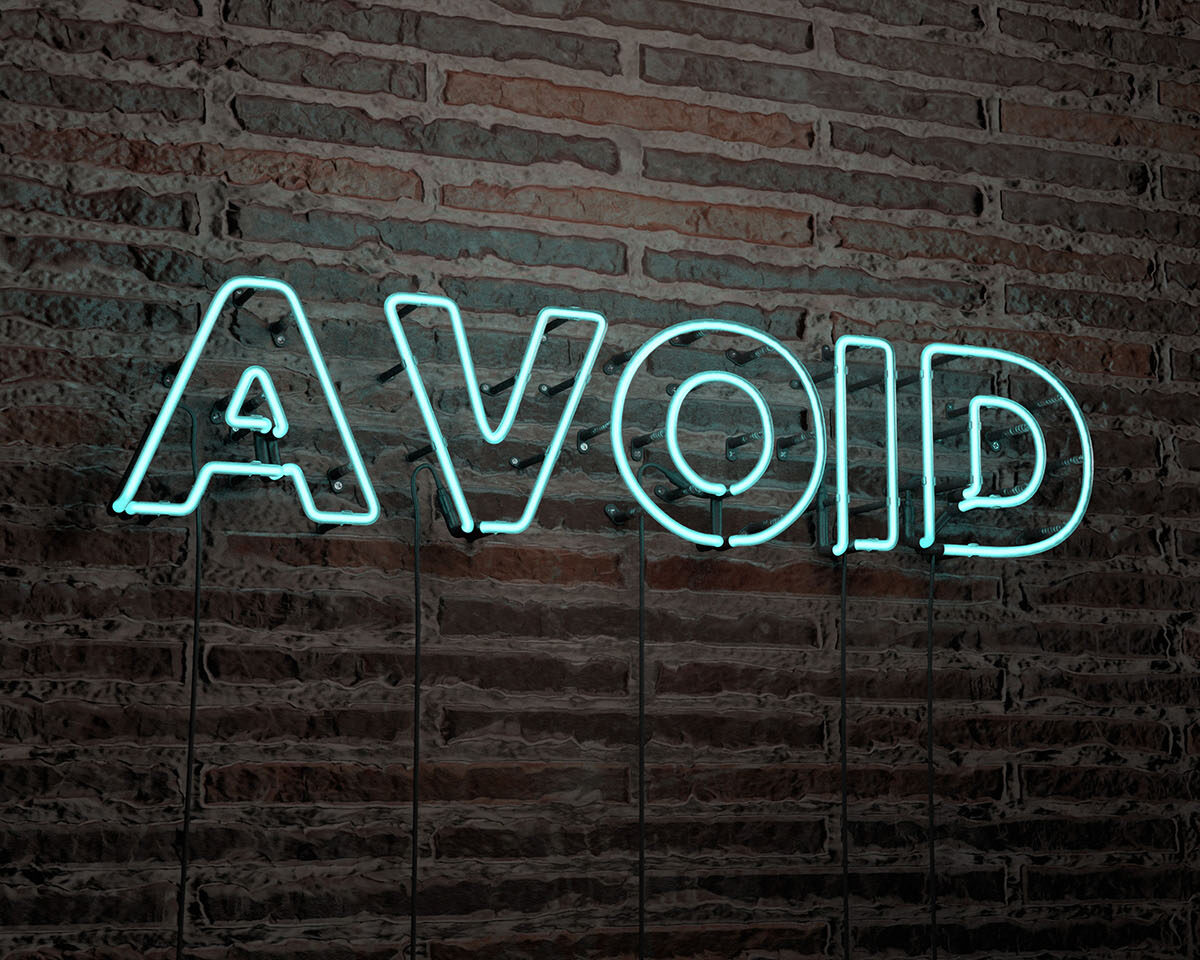I’ve been thinking a lot about sleep recently. Most research shows that we don’t get enough, and our deficit is seriously hurting our productivity, our physical health, even our mental well being.
Leaders and business writers like Arianna Huffington and Tom Rath are devoting more time to the topic. Greg McKeown’s Essentialism, a book I’m very excited about right now, spends a whole chapter on it.
The line we’ve all heard is, if you snooze, you lose. But it turns out the opposite is true.
The costs of not getting enough sleep are staggering. And a key difference maker in accomplishing more is more sleep.
So we all know it’s important. But how do we actually do it? There are a lot of factors working against us, but many of these are easy to address. You don’t have to follow any of these perfectly—I certainly don’t, at least not all the time—but here are six strategies for getting more and better sleep starting tonight.
1. Get Committed
How many times have we been up later than we wanted because there was one more link to click, one more episode to watch, one more page to read, one more whatever?
Researchers call it “bedtime procrastination,” and it’s really about willpower. If we want the benefit of extra sleep, we have to decide on the tradeoff: one less link, one less episode, one less page. Determine to go to bed at a set time and then do it.
2. Set an Alarm
To help follow through on that commitment, set an alarm. There’s an inertia to being tired. We’ve all experienced this. It’s easier to just go on than go to bed. But a calendar alert or phone alarm can help us change gears when we might otherwise cruise along for another hour or more.
Blogger Eric Barker started using an alarm to signal sleep time and reports it’s even more beneficial than a morning alarm.
3. Establish a Ritual
It’s easier to do just about anything when there’s a pattern or a rhythm we can follow. As parents and grandparents, we know bedtime rituals work for our kids, but they can work for us too—especially if the ritual includes things that are helpful in making the transition to sleep, like:
- getting a warm bath or cup of herbal tea
- prayer and devotions
- a novel saved just for bedtime
- processing the day with our spouses in bed
The key is to follow the same pattern most nights, even on weekends. I find winding down with Gail and prayer are essential for my evening ritual, and when I skip them my sleep suffers.
4. Go for a Run, but Not Before Bed
We all know about the benefits of exercise for health and longevity, but it's crucial for improved sleep as well. Research shows that exercise in the morning or afternoon can benefit sleep.
David K. Randall’s survey of sleep science, Dreamland, confirms these findings and adds another side benefit of exercise, particularly outdoor activity. Exposure to sunlight helps “keep the body’s clock in sync with the day-night cycle and prime the brain to increase the level of melatonin [the sleep-regulating hormone] in the bloodstream,” he says.
The important thing is to avoid exercise right before bedtime, which will make it harder to fall to sleep.
5. Kill the Lights
Just as important as getting enough natural light during the day, it’s critical to extinguish artificial light at night.
More than nine in ten of us use electronic devices before sleep, according to the National Sleep Foundation. Not only can the tweets, emails, videos, and articles we consume leave our minds buzzing and unrestful, the light from the devices themselves—even little LEDs—can compromise our slumber.
To prevent experiencing what expert Michael J. Breus calls “junk sleep” consider:
- turning off TV’s, tablets, and other screens an hour before bedtime
- putting your phone in a drawer or leaving it in another room
- getting black-out curtains for summertime or sleeping with an eye mask
- reading a genuine paper book instead of a tablet before bed—remember those?
There’s no sense getting to bed on time if we’re getting poor sleep throughout the night.
6. Blow off Work
For high achievers like us, this is really important. Let’s agree to let the report wait for morning—the design comps, too, and the email. Unless we’re already totally exhausted, all of these things just keep our minds active long after we close our eyes.
Our bosses don’t own our sleep. And if you—like me—are your own boss, then let’s give ourselves a break! If you can't let something go, just write it down, hit the hay, and deal with it in the morning.
“Each day has enough trouble of its own,” Jesus said.
The evidence for the importance of sleep is clear at this point. All that remains is for us to take it seriously enough to change our habits. After all, becoming more productive, efficient, and effective in every other area of our life is pointless if we cheat our minds and bodies the rest they deserve.
Do you struggle to get enough quality rest? What's the one strategy you could implement to improve your sleep tonight?Disclosure of Material Connection: Some of the links in the post above are “affiliate links.” This means if you click on the link and purchase the item, we will receive an affiliate commission. Regardless, we only recommend products or services we use and believe will add value to our readers. We are disclosing this in accordance with the Federal Trade Commission’s 16 CFR, Part 255: “Guides Concerning the Use of Endorsements and Testimonials in Advertising.









